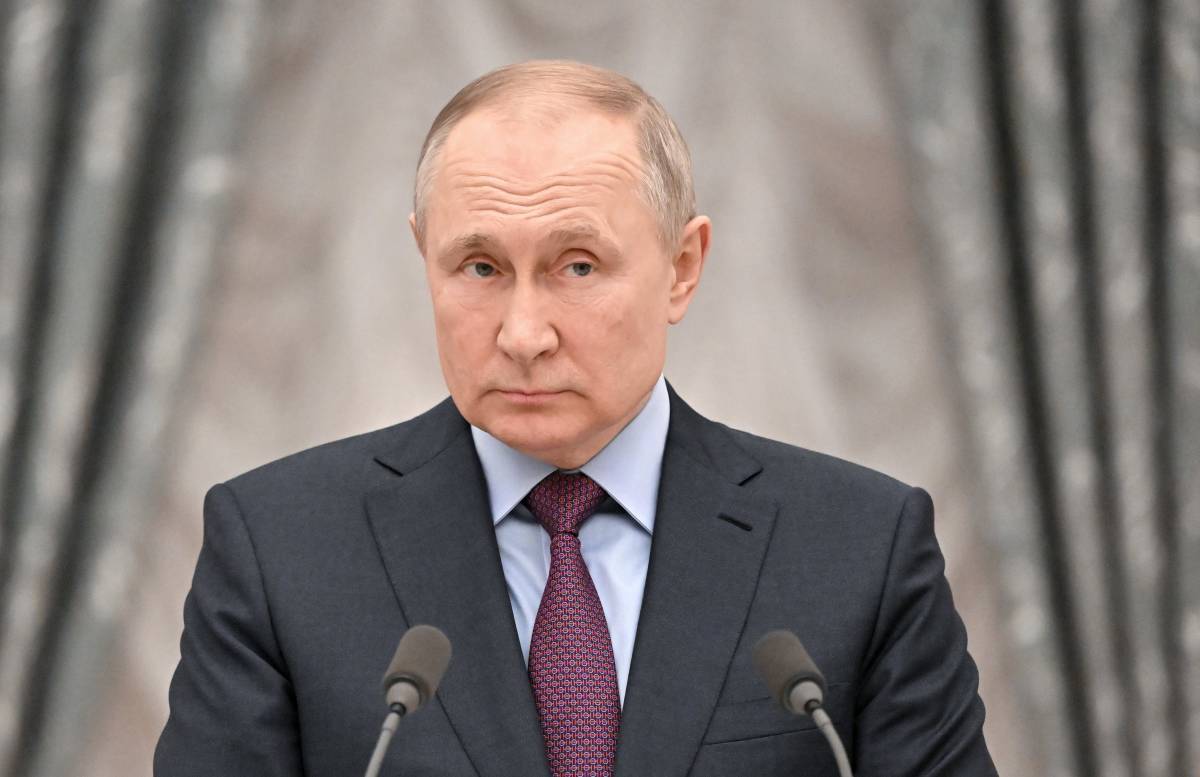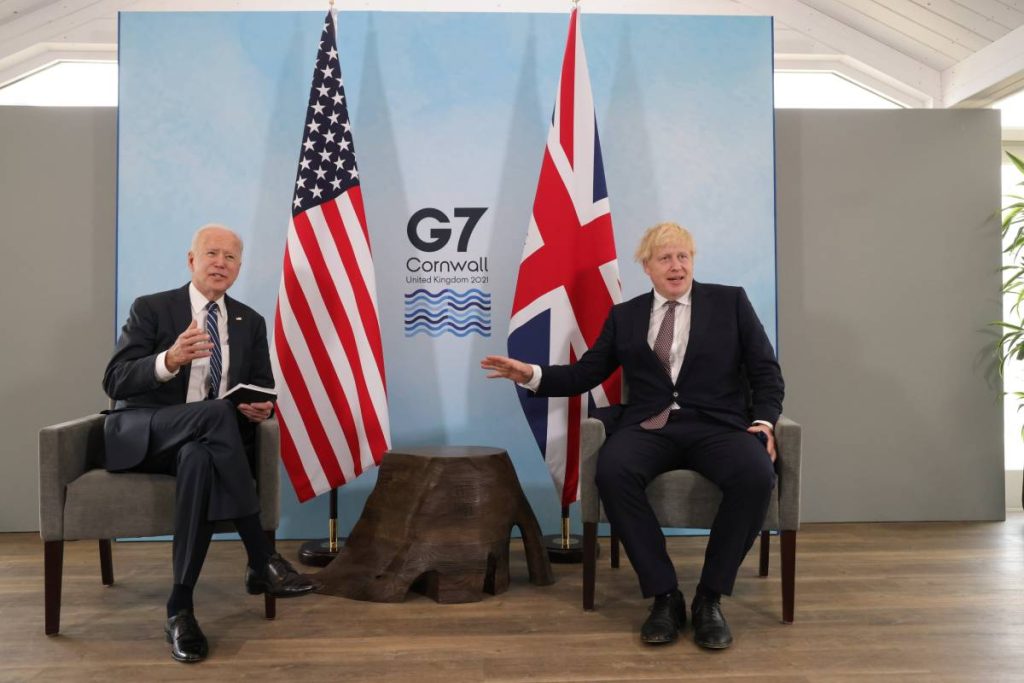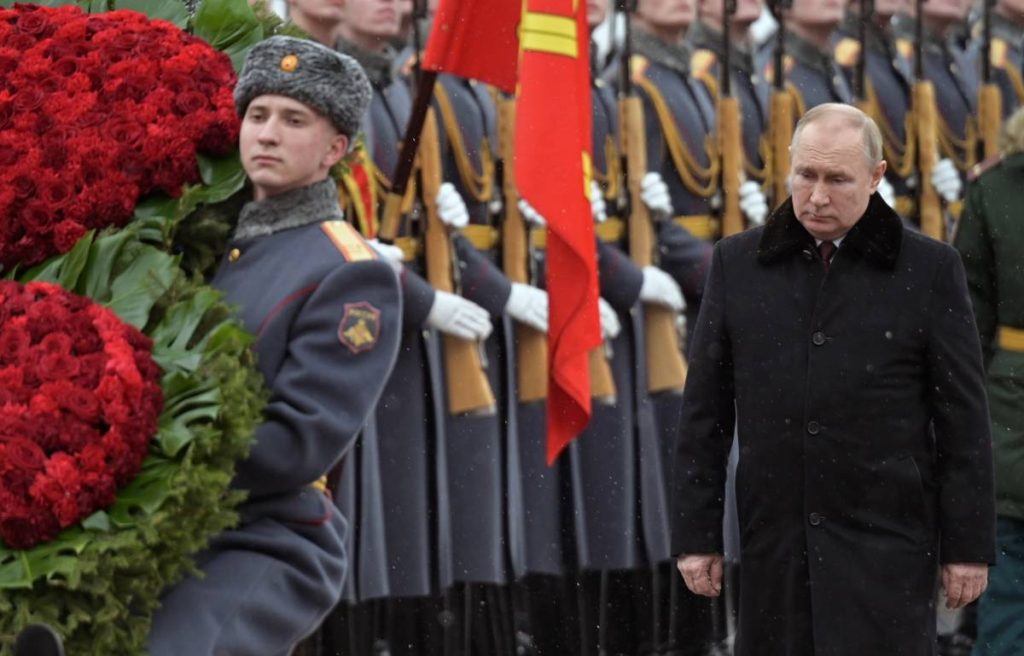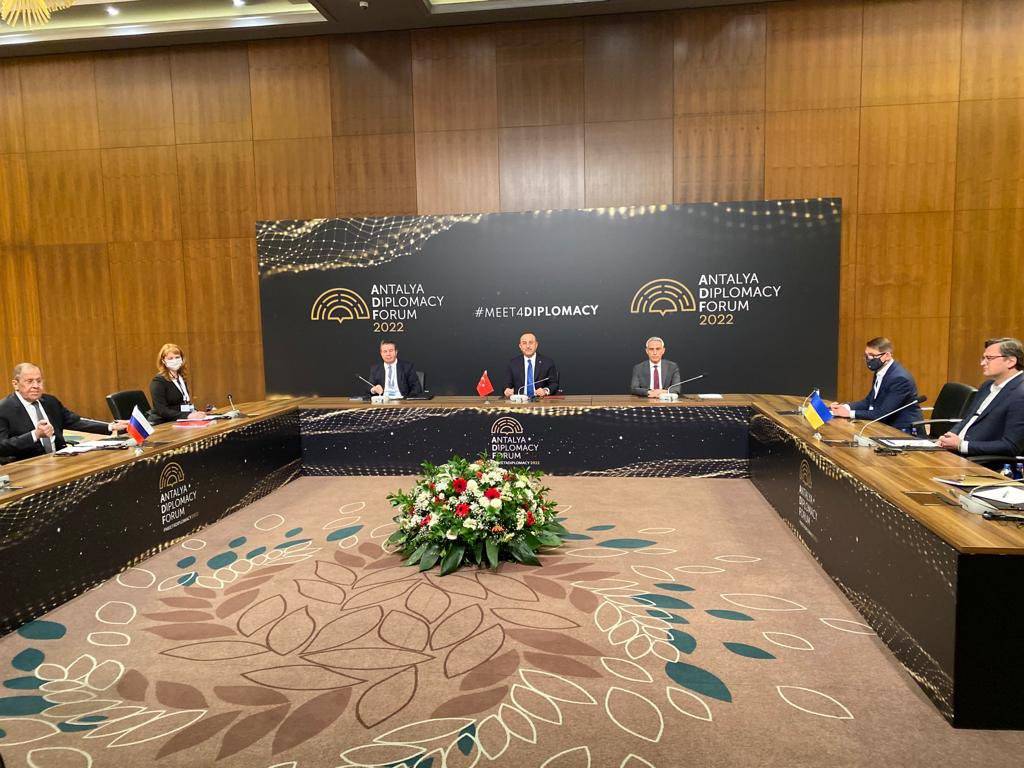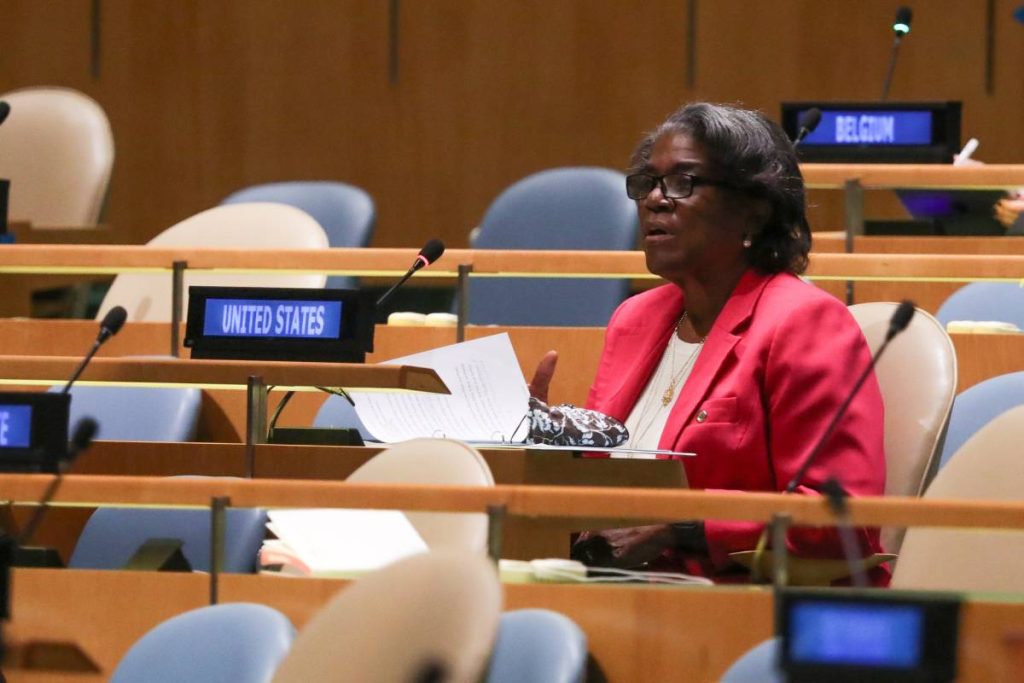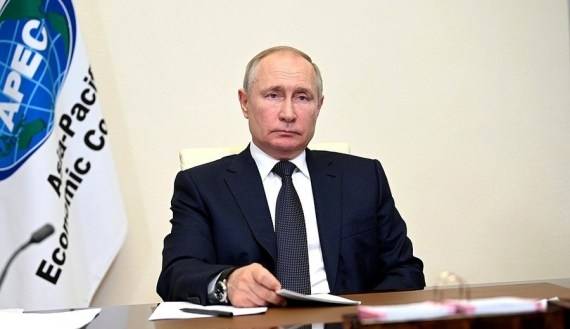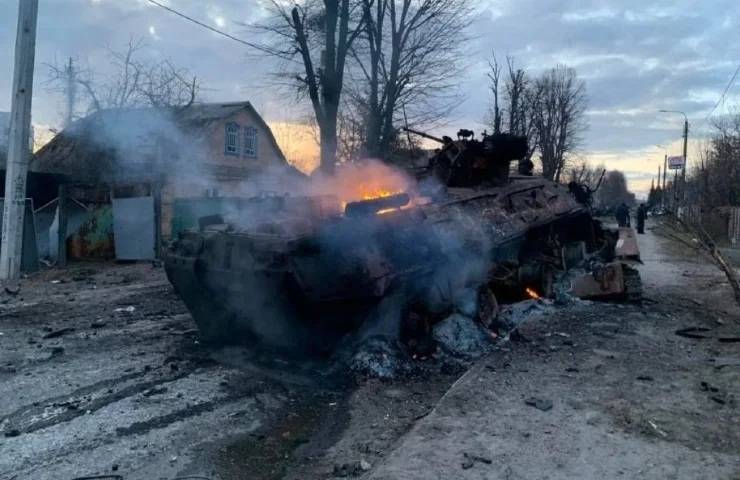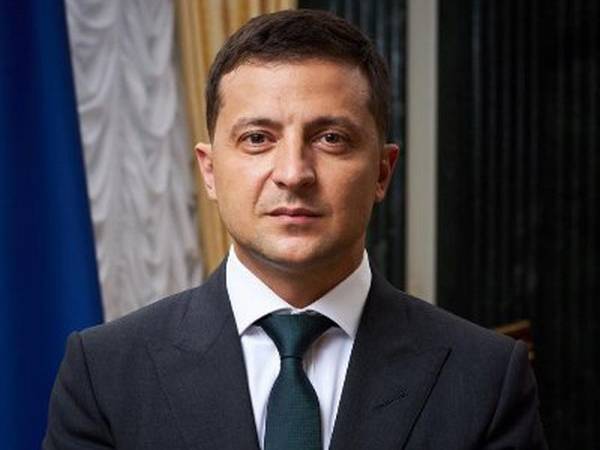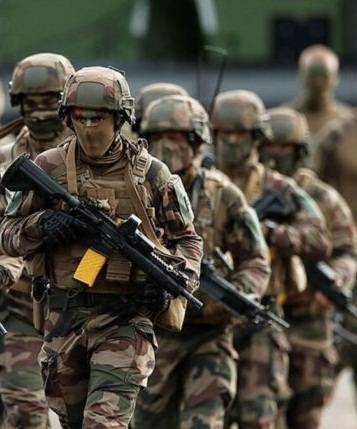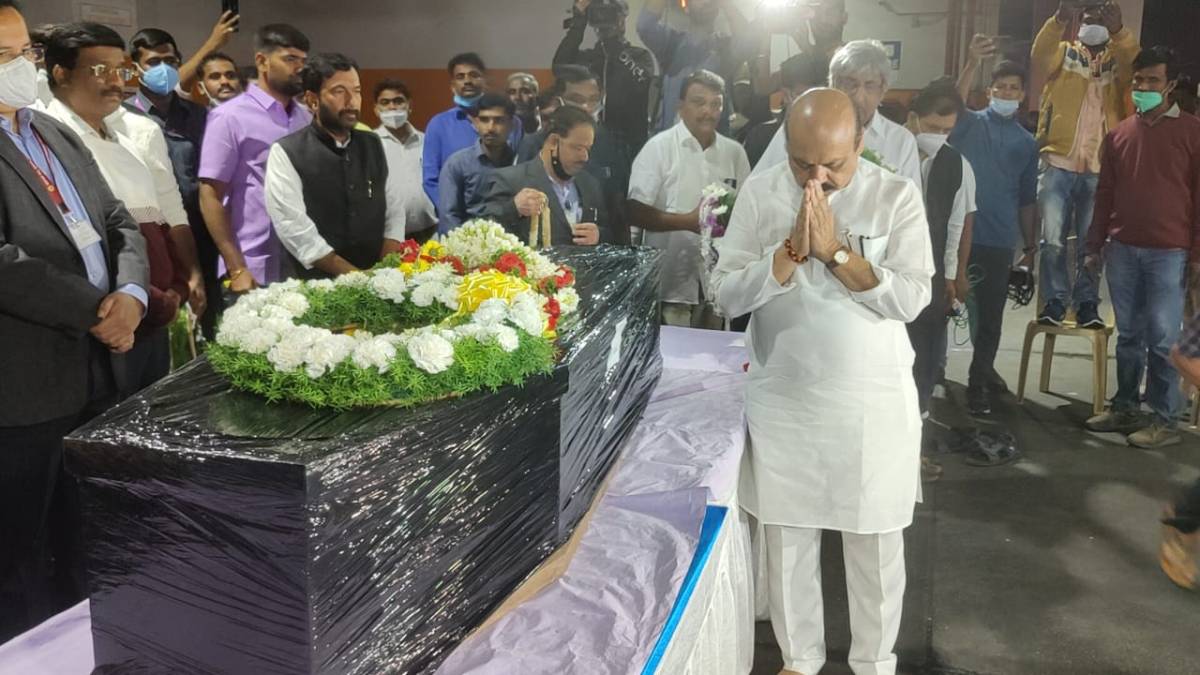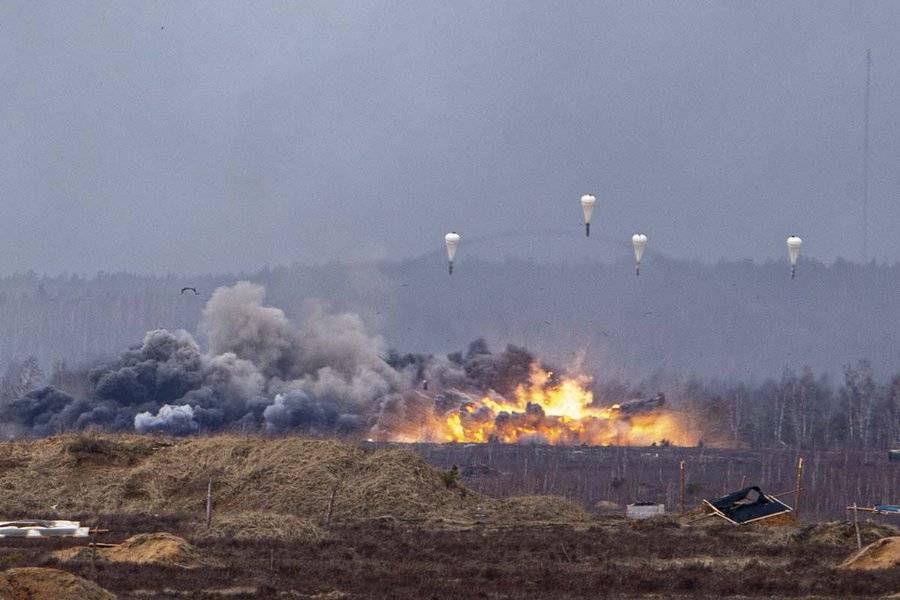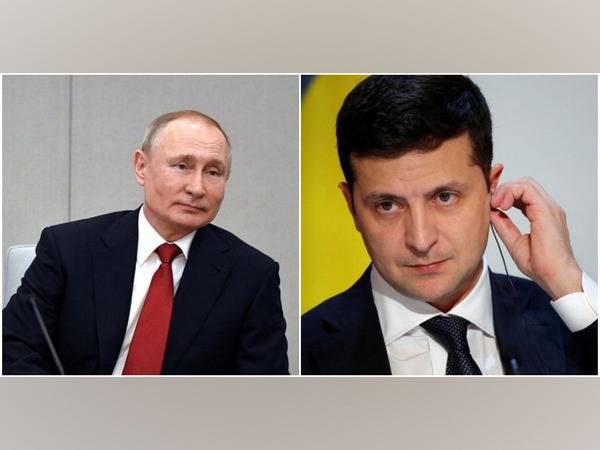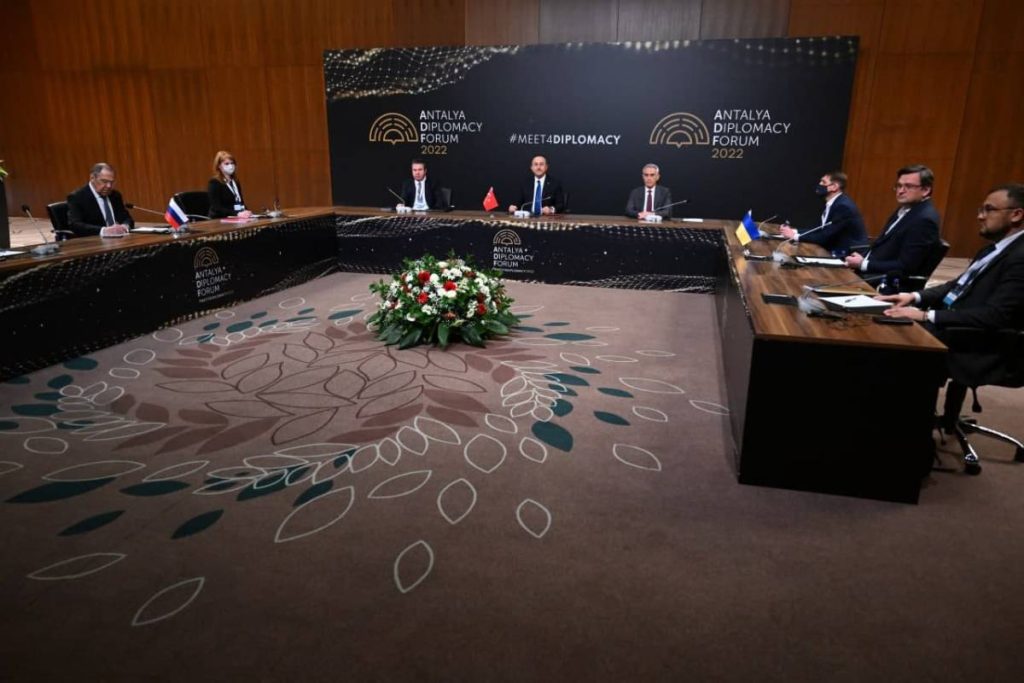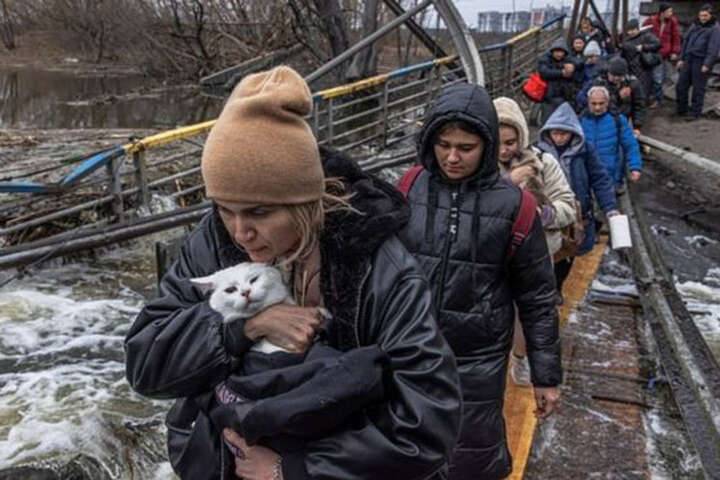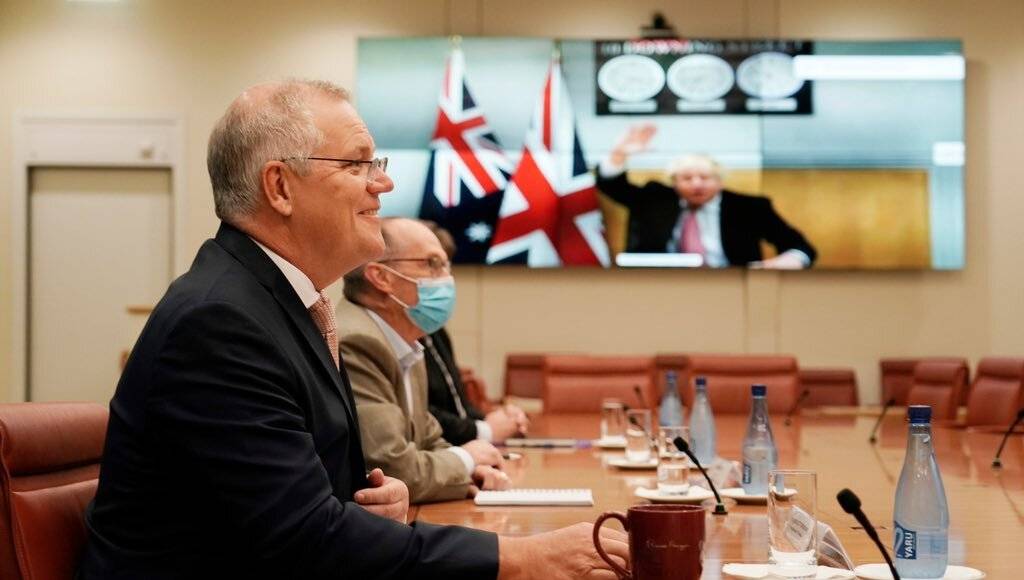The two incidents have led to a spike in demand in the EU, Russia, and even the US for potassium-iodine pills, which help reduce the impact of radiation on the human system….reports Asian Lite News
As the conflict in Ukraine continues to rage, the European Commission has urged EU member states to stockpile iodine pills, other designated drugs, and nuclear-protective suits.
It is also stepping up preparations for dealing with the aftermath of a possible chemical or biological attack, RT reported.
“The commission is working to ensure it enhances preparedness in the area of chemical, biological, radiological, and nuclear threats generally, and this predates the war in Ukraine,” a spokesman told the Financial Times on Monday.
Russia put its nuclear weapons on high alert a few days after launching its military operation in Ukraine in late February, citing what it described as the “aggressive statements” made by NATO and the draconian financial sanctions imposed by the West.
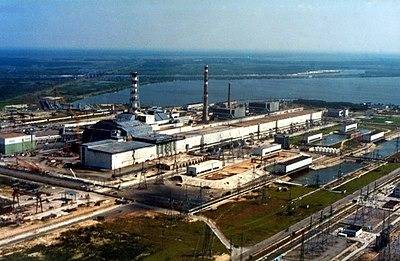
In early March, there was a fire at Ukraine’s Zaporozhskaya nuclear power plant, which has been seized by Russian forces. The blaze was swiftly extinguished, with the International Atomic Energy Agency saying there had been “no critical impact on safety” at the plant.
A few days later, Moscow announced that it had prevented an attempt by what it called Ukrainian radicals to cut power to the former Chernobyl nuclear power station, which became the site of the world’s most devastating nuclear disaster in 1986.
The two incidents have led to a spike in demand in the EU, Russia, and even the US for potassium-iodine pills, which help reduce the impact of radiation on the human system. Earlier in March, pharmacies in Belgium, Bulgaria, the Czech Republic, and elsewhere reported that they has run out of the medication, RT reported.
The EU’s preparations for nuclear incidents are being led by the Health Emergency Preparedness and Response Authority (HERA), which was established last September after the bloc was caught off guard by the Covid-19 pandemic.
However, European lawmakers have insisted that HERA needs to work faster in order to keep up with the pace of events in Ukraine.


